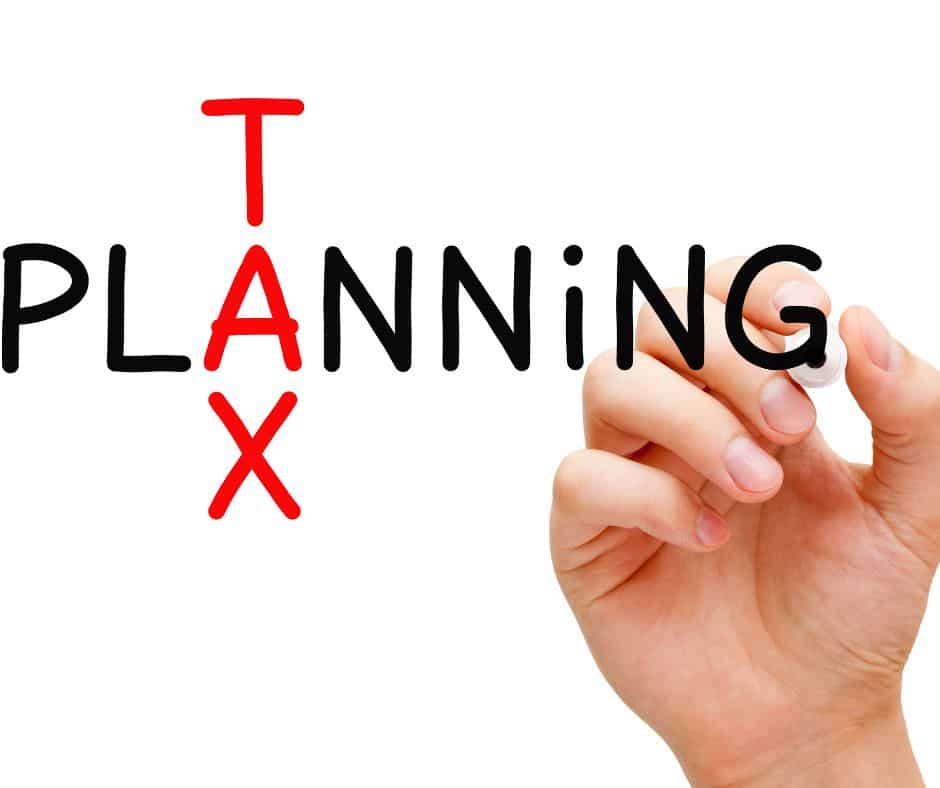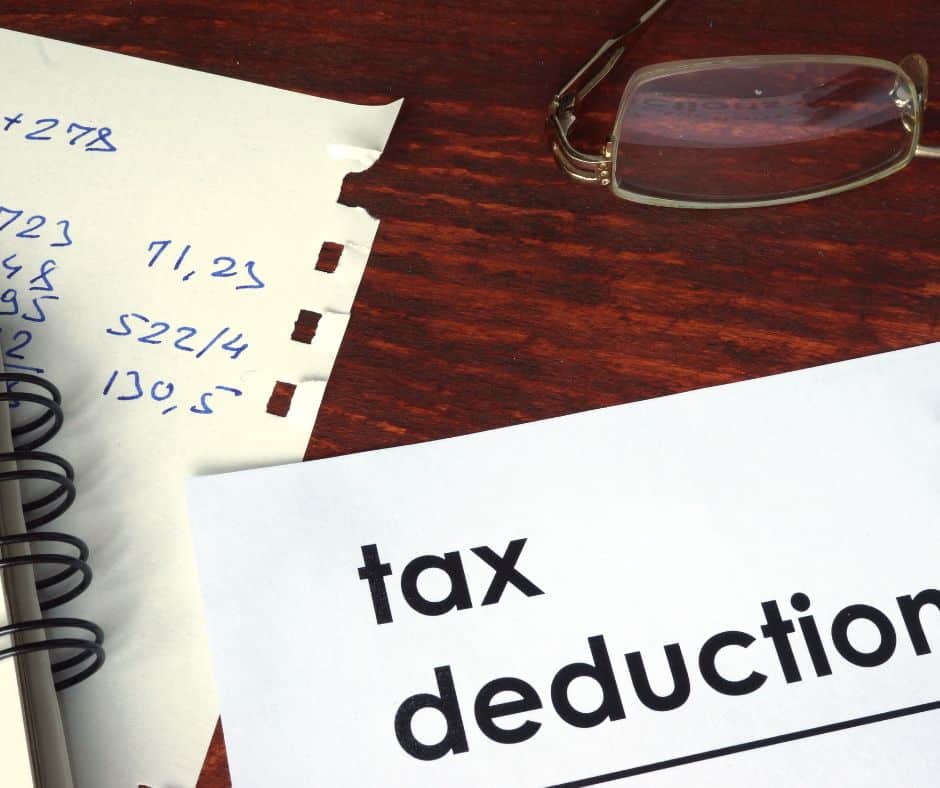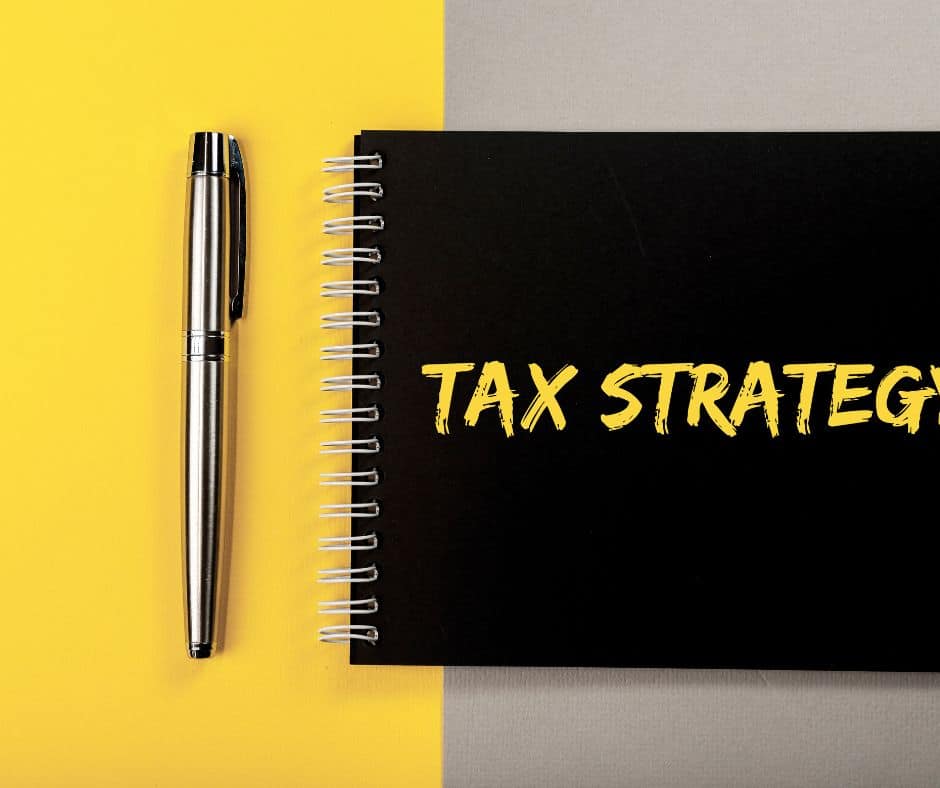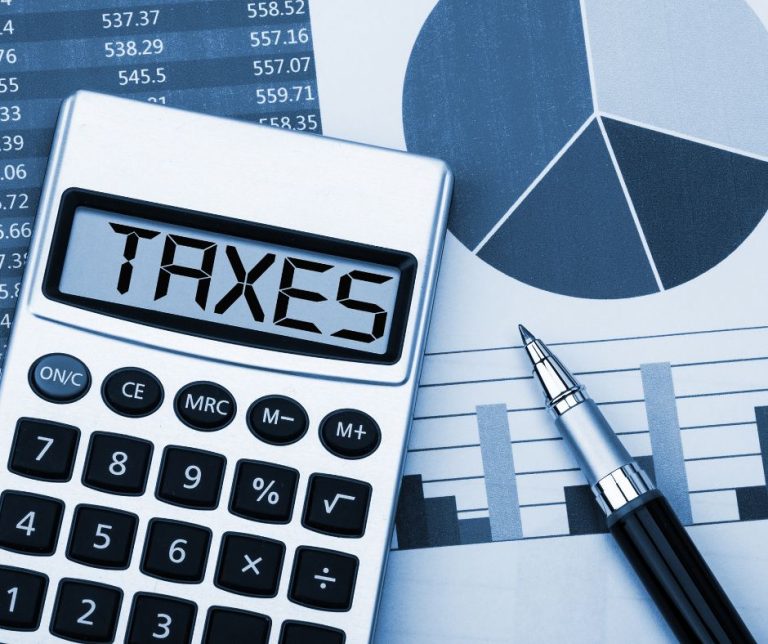The world of vacation rentals, especially through platforms like VRBO, transcends merely providing a place for travelers to rest. It involves a deep dive into the intricate world of tax implications. For numerous homeowners, venturing into the realm of vacation rentals is not just a lucrative endeavor but also an introduction to a new realm of financial intricacies, prominently marked by tax considerations. This initial section is dedicated to shedding light on the tax dynamics prevalent in vacation rentals, emphasizing the critical need for VRBO hosts to acquire a comprehensive understanding of tax norms.
Overview of Tax Consequences for Vacation Rentals
Stepping into the VRBO scene transforms your property from a personal retreat to a prospective revenue stream, bringing it under the purview of various tax statutes. Revenue generated from such rentals is subject to tax and must be reported accurately. Yet, the taxation landscape for vacation rentals is not limited to income tax alone; it covers a spectrum of aspects including deductible expenses, occupancy taxes, and the complexities of regional and state tax laws.
Grasping these tax components is essential. It requires an elementary understanding of how rental income faces taxation, which expenses are eligible for deduction, and the significance of keeping detailed financial records. The approach you adopt for declaring your income and expenditures can have a profound impact on your tax liabilities, regardless of whether you’re leasing out a small section or an entire estate.
Significance of Comprehending Tax Regulations for VRBO Hosts
For VRBO hosts, understanding tax laws isn’t merely about adhering to legalities; it’s a vital part of effective financial planning. Familiarity with tax nuances can lead to considerable savings and help steer clear of costly mistakes. Tax codes are notoriously intricate and can fluctuate dramatically based on your geographical location, the length of stay you offer, and the nature of your rental property.
Keeping abreast of your tax duties is crucial to prevent unexpected shocks when taxes are due. It also helps in making strategic choices regarding your rental’s pricing, allocating funds for potential expenses, and strategizing for future ventures. For VRBO hosts, profound knowledge of tax regulations is instrumental in optimizing the returns from their rental enterprise.
In the subsequent sections, we will explore the particulars of taxation in the vacation rental sector, offering actionable tax advice and strategies to aid VRBO hosts in efficiently managing this vital facet of their operation.

Basic Tax Concepts for Vacation Rental Owners
Navigating the tax landscape as a vacation rental owner on platforms like VRBO can be daunting, but understanding the basics is crucial for effective financial management. This section breaks down the fundamental tax concepts every rental owner should know, from income taxation to the nuances of deductible expenses and the impact of rental periods on tax obligations.
Rental Income and Taxation
The income you earn from renting out your property is subject to taxation. This includes not just the rent payments but also any fees for additional services provided to your guests. It’s essential to report this income accurately on your tax returns. However, the way this income is taxed can vary based on several factors, including how often and for how long you rent out the property. Keeping detailed records of all rental income is vital for accurate tax reporting and compliance.
Understanding Deductible Expenses
One of the key tax tips for vacation rental owners is to understand what expenses can be deducted from their taxable income. These deductible expenses can range from mortgage interest, property taxes, and insurance premiums to maintenance costs, utilities, and advertising expenses. Even the cost of furnishings and supplies provided to guests can be deductible. It’s important to keep meticulous records of all such expenses, as they can significantly reduce your taxable income, thereby lowering your overall tax liability.
The Significance of Rental Periods in Taxation
The duration for which you rent out your property plays a crucial role in how your rental income is taxed. Different tax rules apply depending on whether your property is rented out for short-term or long-term periods. For instance, if you rent out your property for less than 14 days a year, the income may be exempt from taxes under certain conditions. However, renting for longer periods brings different tax considerations, including the potential to report and deduct expenses differently. Understanding these distinctions is crucial for effective tax planning and ensuring you’re taking advantage of all applicable tax benefits.
Grasping these basic tax concepts is essential for anyone venturing into the vacation rental market. By understanding how rental income is taxed, what expenses are deductible, and how rental periods affect taxation, property owners can better navigate their tax obligations and optimize their rental ventures for financial success.

Navigating VRBO-Specific Tax Guidelines
For homeowners who list their properties on VRBO, understanding the platform-specific tax guidelines is crucial for compliance and financial optimization. This section delves into VRBO’s role in income reporting, the necessary tax forms and documentation for hosts, and the importance of being aware of state and local tax laws.
VRBO's Role in Reporting Income
VRBO, as a facilitator of short-term rentals, plays a significant role in the financial transactions between hosts and guests. One of the critical tax tips for hosts is to understand how VRBO reports income to tax authorities. In some cases, VRBO may issue a 1099 form to hosts, detailing the income earned through the platform. This form is also submitted to the IRS, making it essential for hosts to report this income on their tax returns accurately. Hosts should regularly check their VRBO account and financial statements to ensure all reported income aligns with their records.
Tax Forms and Documentation for VRBO Hosts
Proper documentation is key to navigating the tax landscape as a VRBO host. Depending on your earnings and the location of your property, different tax forms may be required. Common forms include Schedule E for reporting rental income and expenses and Schedule C if you provide substantial services to guests. Keeping detailed records of all transactions, including income and expenses, is vital for filling out these forms correctly. Hosts should also retain receipts, invoices, and bank statements to substantiate their tax filings.
State and Local Tax Considerations
Tax obligations for vacation rental owners extend beyond federal taxes to include state and local taxes. These can vary significantly depending on the property’s location. Some areas require hosts to collect and remit occupancy taxes, similar to hotel taxes, from their guests. It’s important for VRBO hosts to research and understand the specific tax regulations in their area, as non-compliance can lead to penalties. In some cases, VRBO may assist in collecting and remitting these taxes, but the ultimate responsibility lies with the host.
Navigating the tax guidelines specific to VRBO requires diligence and a proactive approach. By understanding VRBO’s role in income reporting, maintaining accurate financial records, and staying informed about state and local tax laws, hosts can ensure they meet their tax obligations and optimize their rental income.

Enhancing Financial Gains through Tax Deductions in Vacation Rentals
For owners of vacation rentals, particularly those using platforms like VRBO, a crucial aspect of financial management is the effective utilization of tax deductions. This segment delves into the array of deductible expenses, the significance of depreciation, and unique tax benefits available to VRBO hosts.
Identifying Deductible Expenses
A key element in managing a vacation rental is recognizing which expenses can be deducted from taxable income. Typical deductible expenses encompass mortgage interest, property taxes, insurance costs, maintenance and repairs, utilities, and advertising outlays. Additionally, costs related to furnishing and equipping the rental, such as bedding, kitchen items, and decorative elements, are often deductible. Maintaining comprehensive records of these expenses is vital, as they can considerably lower your taxable income, thereby reducing your overall tax burden.
Understanding Property and Equipment Depreciation
Depreciation serves as a crucial tax deduction for VRBO hosts, allowing them to account for the gradual wear and tear of their property and equipment. This category includes the rental property itself (land excluded), as well as appliances, furniture, and other durable assets used in the rental operation. The process of calculating depreciation, which involves determining the asset’s lifespan and the appropriate method of depreciation, can be intricate but plays a significant role in reducing taxable income annually.
Exclusive Deductions for VRBO Hosts
Hosts on VRBO might qualify for specific deductions that are unique to the short-term rental industry. These may include expenses linked to guest hospitality, like welcome presents or unique amenities aimed at enhancing the guest experience. Moreover, costs incurred in the management of your VRBO listing, such as subscription fees or costs for professional photography, might also be deductible. It’s crucial for hosts to stay updated on these exclusive deductions to maximize their tax-saving opportunities.
Leveraging deductions is an integral part of tax strategy for vacation rental owners. By comprehensively understanding and claiming all applicable expenses, depreciation, and special deductions, VRBO hosts can significantly diminish their tax liabilities, thereby boosting the profitability of their rental business.

Navigating Occupancy Tax Requirements for VRBO Hosts
For those hosting on VRBO, mastering the intricacies of occupancy taxes is a vital aspect of their vacation rental enterprise. This section delves into the essentials of these taxes, highlighting the need for precise collection, remittance, and the significance of meticulous record-keeping.
Understanding the Essentials of Occupancy Taxes
Commonly known as hotel or tourist taxes, occupancy taxes are prevalent in numerous areas for short-term lodging. Typically, these taxes are a certain percentage of your rental revenue, imposed either per night or for the total duration of the stay. The exact rates and regulations vary widely depending on the location of your property. As a VRBO host, acquainting yourself with the local occupancy tax laws is crucial, as these taxes are generally in addition to the regular income tax on your rental income.
Handling the Collection and Remittance of Occupancy Taxes
Being a VRBO host, you may need to collect these taxes from your guests and forward them to the appropriate tax authorities. While VRBO might offer tools to aid in calculating and gathering these taxes at the time of booking, it’s important to verify their presence and suitability for your location. If such services are not provided, consider incorporating the occupancy tax in your pricing or billing it separately, ensuring clear communication with your guests about this. Prompt and precise payment of these taxes is key to preventing legal issues and fines.
Documenting Occupancy Tax Transactions
It’s imperative to keep comprehensive records of all occupancy taxes you collect and submit. This documentation should encompass details of the rental periods, the amounts charged, the tax rates applied, and the total taxes collected and remitted. Effective record-keeping is not only beneficial for adhering to tax laws but also simplifies financial reporting and auditing. Employing financial management software or seeking advice from a tax expert can be invaluable in efficiently managing these records.
A thorough understanding and effective management of occupancy taxes are fundamental for VRBO hosts. Staying up-to-date with local tax regulations, ensuring accurate tax collection and remittance, and maintaining detailed records are key to fulfilling legal obligations and sustaining a successful rental business.

Advanced Tax Strategies for Seasoned Hosts
Veteran hosts utilizing platforms like VRBO can significantly benefit from delving into sophisticated tax tactics, a crucial step in enhancing their rental business. This segment delves into how these experienced hosts can capitalize on expert tax advice, adopt approaches to lower tax liabilities, and focus on enduring tax effectiveness, all vital elements for a thriving rental endeavor.
Capitalizing on Expert Tax Advice
A pivotal tax tip for veteran hosts is to seek out expert tax counsel. Tax advisors with a focus on rental properties can offer crucial insights into intricate tax issues. They are instrumental in helping you understand the complexities of rental income taxation, identifying all possible deductions, and keeping abreast of the latest tax legislations and guidelines. Utilizing their knowledge not only ensures adherence to tax laws but also helps in evading expensive errors and often reveals tax-saving prospects that might otherwise go unnoticed.
Approaches for Reducing Tax Liabilities
Cutting down on tax liabilities is an exercise in strategic foresight, extending beyond mere deduction claims. This could entail aligning major repairs or enhancements with years of higher income, using these deductible expenses to counterbalance taxable income. Another tactic involves organizing your rental operations to optimize tax efficiency, possibly considering the establishment of a legal entity for your rental enterprise. Moreover, a thorough understanding and application of tax laws pertaining to depreciation can markedly lessen your taxable income over time.
Strategies for Enduring Tax Effectiveness
Long-range tax strategizing is key to reaping the financial rewards of your rental property. This not only includes planning for the current tax year but also the long-term ramifications of your choices. Considerations such as preparing for potential capital gains taxes in case of a future property sale, or comprehending the tax consequences of transferring your rental property to successors, are critical. This foresight also encompasses retirement planning, evaluating how your rental income will bolster your financial security in later years.
For seasoned VRBO hosts, mastering advanced tax strategies is fundamental to maximizing rental profits and minimizing tax obligations. By tapping into professional tax advice, executing strategic tax-saving maneuvers, and planning for long-term tax efficiency, these experienced hosts can ensure their rental venture remains lucrative and sustainable for the long haul.

Navigating Tax Challenges for Vacation Rentals
Handling tax obligations for vacation rentals on platforms like VRBO requires attention to detail, and even the most conscientious hosts can stumble into tax-related complications. This section aims to guide you through the avoidance of typical tax errors, such as incorrect income and expense reporting, disregarding local tax regulations, and poor record-keeping.
Correct Reporting of Income and Expenses
A frequent tax challenge faced by vacation rental proprietors is the inaccurate declaration of income and expenses. It’s imperative to precisely declare all revenue from your rental, encompassing not just rental payments but also any supplementary fees or charges from guests. Regarding expenses, it’s vital to claim only those that are genuinely related to your rental activities. Erroneous reporting, whether by mistake or intentionally, may trigger audits, fines, and additional interest charges. Regular scrutiny of your financial statements against your records can aid in averting these complications.
Overlooking Local Tax Ordinances
A mistake that’s often overlooked is the failure to adhere to local tax ordinances. Each state and municipality may have distinct tax rules for vacation rentals, which might include occupancy taxes, sales taxes, and various local charges. Non-compliance with these rules could lead to monetary penalties and legal troubles. Understanding and keeping up-to-date with the tax laws specific to the location of your rental is crucial.
Lapses in Record-Keeping
Inadequate record-keeping stands as a major issue that can disrupt tax preparations and result in overlooked tax deductions. It’s essential to keep thorough records of all your vacation rental transactions. This means safeguarding receipts, invoices, and detailed accounts of income and expenses. Effective record-keeping not only aids in precise tax filing but also serves as vital evidence in the event of tax audits. Setting up a reliable system for organizing and storing these documents, digitally or physically, is a wise strategy that can ease the burden during tax season.
Steering clear of these common tax pitfalls is key to successfully managing a vacation rental business. By ensuring accurate income and expense reporting, complying with local tax laws, and keeping detailed financial records, owners of vacation rentals can effectively handle tax responsibilities, keeping their business in good legal and financial standing.

Wrapping Up: Navigating Tax Essentials for VRBO Rentals
As we wrap up our journey through the world of tax insights for VRBO proprietors, it’s vital to pause and assimilate the major lessons, underscoring the significance of being well-informed and adopting a meticulous approach to tax handling in the ever-changing sphere of holiday lettings.
Synthesis of Crucial Tax Insights for VRBO Proprietors
Delving into the tax domain of holiday lettings demands a deep and broad grasp of several elements. Crucial aspects encompass precise documentation of rental revenue and outlays, optimizing tax write-offs, grasping and abiding by stay taxes, and leveraging advanced tax tactics for enduring advantages. Sidestepping typical tax blunders such as misreporting earnings, overlooking local tax ordinances, and slack record maintenance is also paramount for sustaining a lucrative and lawful rental venture.
The Merits of Being Current on Tax Affairs
The tax landscape is in constant flux, with norms and stipulations regularly shifting. For VRBO proprietors, keeping abreast of these alterations is priceless. This vigilance not only guarantees adherence to prevailing tax laws but also aids in pinpointing fresh avenues for tax economy. Regular engagement with tax specialists, participation in seminars, or involvement in online communities focused on holiday rental taxation can arm you with cutting-edge insights and methodologies.
Advocacy for Ethical Tax Methods
Embracing ethical tax methods is foundational to the endurance and triumph of your VRBO rental. This extends beyond mere compliance with legal mandates; it’s about forging a reliable and financially robust enterprise. Ethical tax methods entail meticulous and truthful record-keeping, candid declaration of income and expenditures, and proactive tax strategizing. Such practices safeguard you from legal predicaments and also enhance the reputation of your rental business.
In conclusion, excelling in tax management is a pivotal aspect of managing a flourishing VRBO rental. By remaining informed, committing to ethical tax practices, and continually exploring ways to refine your tax scenario, you can ensure that your holiday rental venture prospers financially and upholds its standing in the marketplace.


